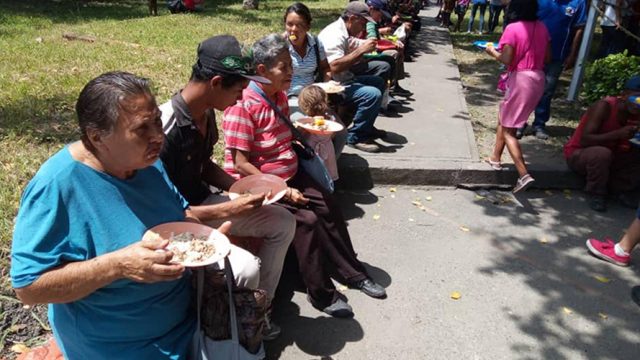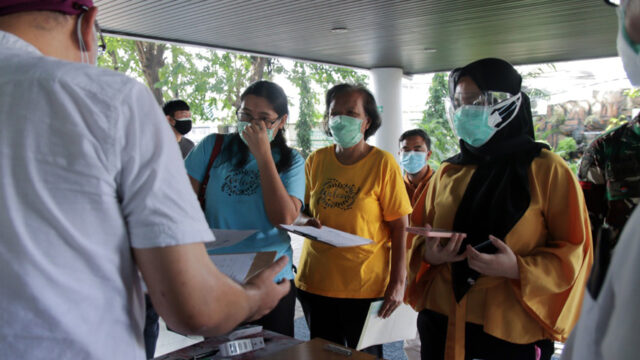Part of the money will support “urban centers of influence” on secularized continent.

Adventist Mission has approved nearly US$2 million in new grants as it steps up efforts to proclaim Jesus’ soon coming through “urban centers of influence” in highly secularized Europe.
The Seventh-day Adventist world church’s Mission Board Strategy and Funding Committee, in a vote on Jan. 31, signed off on $1,959,448 in Adventist Mission funding for four projects in Europe as well as several other church-planting projects.
Europe, a continent where the church has struggled to make inroads in recent years, will receive a portion of the funds to run a refugee-focused community center in Germany, a school for special needs children in France, and health centers in Estonia and Hungary.
The four urban centers of influence will seek to provide physical, psychological, and spiritual healing to their communities and ultimately plant new churches, said Gary Krause, director of the General Conference’s Office of Adventist Mission, which oversees the world church’s Global Mission church-planting initiative.
“Increasingly Europe is seeing that urban centers of influence can break down community barriers, connect wholistically with people, and help lead them to Jesus,” Krause said.
Reaching Out to the Cities
He said a recent conference organized by the Adventist Church’s Inter-European Division, whose territory includes Germany and France, highlighted the value that urban centers of influence have as platforms for putting Christ’s method of ministry into practice.
The new funding will support two projects in the Inter-European Division: a school with an emphasis on special needs students in Toulouse, France; and a community center offering refugee integration programs to young people, in addition to other services to the youth and young families in Hanover, Germany. The Toulouse school will receive $150,000 over three years, and the Hanover center will receive $143,395 over the same period.
Leaders of the church’s Trans-European Division expressed delight that two projects on their territory would also benefit from the new funding. Those projects are a health center offering psychological counseling, family therapy, and fitness and lifestyle training in Tallinn, Estonia, and a health center with counseling services, mental health seminars, a Christian bookstore, and a health food store in Miskolc, Hungary.
“Young people are among those strongly supportive of the project in Tallinn, Estonia,” said Victor Hulbert, communication director for the Trans-European Division, who helped guide his division’s two projects through the approval process. “We were impressed both by the dedication of the core team and by the range of services that they are planning to offer. They even plan to establish a small shop with quality second-hand goods. A church plant is already in the plans.”
Building Trust
In Hungary, church members intend to run the planned health center in the city center, away from the two churches already established in Miskolc, Hulbert said.
“In a city based on heavy industry, Adventists find it difficult to invite the public directly into a church building,” he said. “In establishing ReményPONT Közösségi Iroda [HopePOINT Community Center], members plan to reach out to the community in an environment where they feel comfortable.”
The goal is to build connections and trust in the downtown area, he said.
“Once established, the aim is to establish a church plant within five years,” he said.
In all, the Trans-European Division’s mission board has supported 117 outreach projects over the past 12 months.
“It is so exciting to see innovative ideas coming from committed pastors and lay members, especially our young people,” division president Raafat Kamal said.
Adventist Mission plans to approve $4.2 million for Global Mission projects in 2018 after distributing a similar amount last year. The funds come from donations and a special annual offering.
Twenty-one urban centers of influence received grants from Adventist Mission in 2017, while 24 were funded in 2016. Some funding was new in 2017, but most comprised second- or third-year grants for previously started projects.
As of the end of last year, Adventist Mission had funded 61 urban centers of influence since it began extending grants in 2012. All have the specific purpose of planting new churches.
The original report was posted on Adventist Mission








